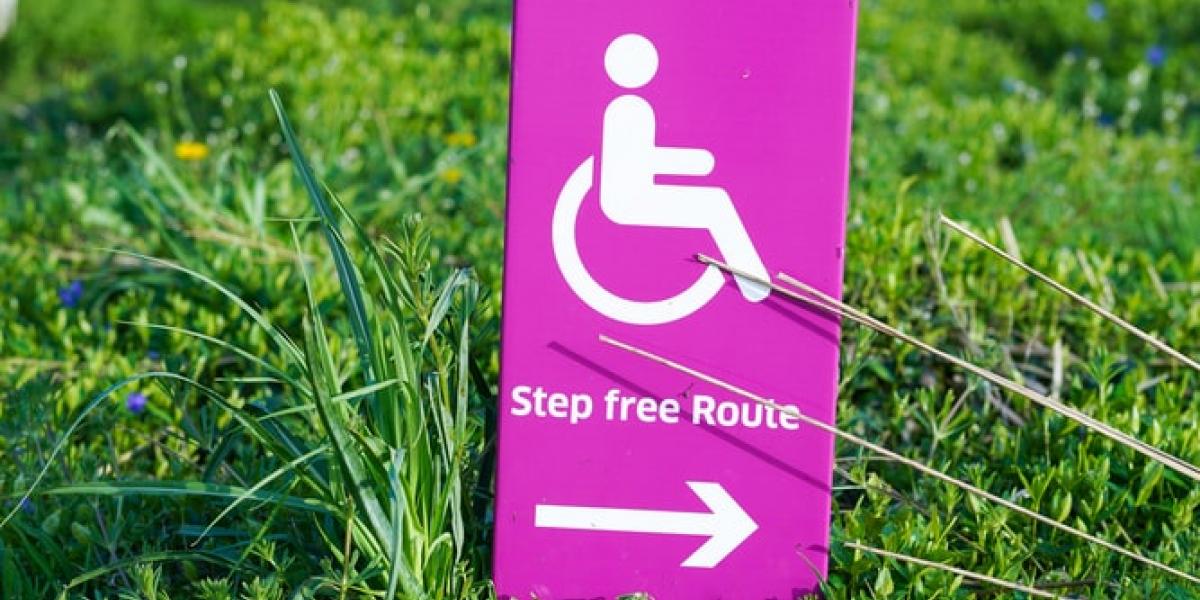 © Yomex Owo - Unsplash
© Yomex Owo - Unsplash
Rights of persons with disabilities
Síðast uppfært Mánudagur, 30/08/2021
According to the EU-SILC survey of 2016, 100 million persons with disabilities live in the European Union. Despite the large numbers, many still feel isolated and are left unable to fully enjoy their freedom of movement in the EU.
The European Union and its Member States are party to the UN Convention on the Rights of Persons with Disabilities. Its main message is that persons with disabilities are entitled to the full spectrum of human rights and fundamental freedoms without discrimination.
The UN Convention on the Rights of Persons with Disabilities defines persons with disabilities as persons " […] who have long-term physical, mental, intellectual or sensory impairments which in interaction with various barriers may hinder their full and effective participation in society on an equal basis with others".
What is the EU doing?
The EU has shown its commitment to protect Europeans against discrimination in its treaties and anti-discrimination legislation. It has made an important law that protects the rights of all people: the European Charter of Fundamental Rights. For example, it says that people with disabilities have the right to live an independent life, have a job and be part of the community. It also says that it is against the law to treat people unfairly just because they have a disability.
Alongside legal texts, the EU develops different instruments. One such example is the EU Disability Card, which ensures equal access to benefits in areas such as culture, leisure, sport and transport in a group of eight EU countries.
The EU organises awareness-raising campaigns such as the annual European Day of Persons with Disabilities, conferences and the Access City Award, which rewards cities which have made outstanding efforts to become more accessible.
Another example of good practice is the Erasmus+ Inclusion and Diversity Strategy in the field of Youth, which has the goal to achieve an even greater impact on the lives of disadvantaged young people and to ensure that Erasmus+ responds positively to diversity in the field of youth.
What if your rights are not respected?
The EU aims to ensure that disabilities do not create barriers in Europe. However, in practice, we are not all equally protected. If all EU citizens have the right to move to another EU country, you may come up against barriers when studying, looking for a job, travelling, purchasing goods and services or simply accessing information.
Different services are there to support you. For example, if you have problems while travelling by plane, boat, train or bus, you can make a complaint. There are offices in all countries of Europe that can help you with your complaint. You can find more information and the list of contacts for each country here.
Discover your rights in this brochure published by the European Disability Forum and learn about those different services. If you feel that your rights are not respected or that you are treated unfairly, it is important to raise your voice!
Want to take action?
The EU provides grants to non-governmental organisations and maintains a regular dialogue with them to ensure the interests of persons with disabilities are taken into account in EU legislation.
These European networks have national members acting as the voice of persons with disabilities and their families. If you want to make your voice heard, have a look and see which one is relevant for you. Here are some examples:
- European Disability Forum
- European Network on Independent Living (ENIL)
- Inclusion Europe
- International Federation for Spina Bifida and Hydrocephalus
- European Blind Union
- European Union of the Deaf
- Autism Europe
- Mental Health Europe
- European Association of Service Providers for Persons with Disabilities